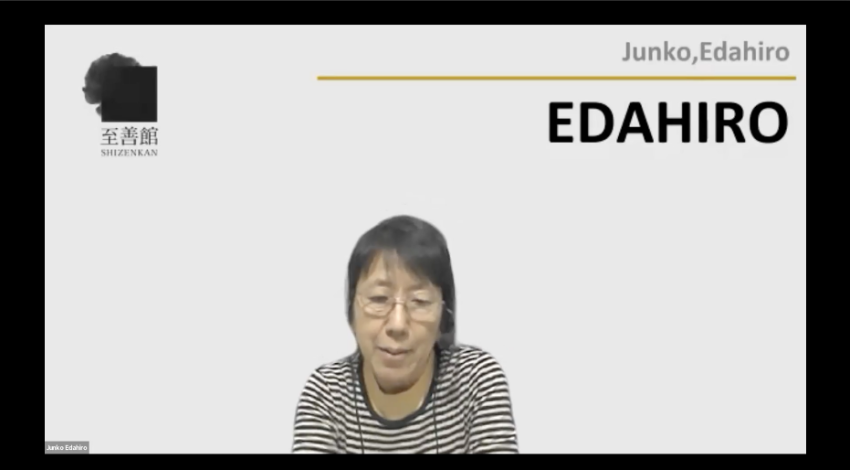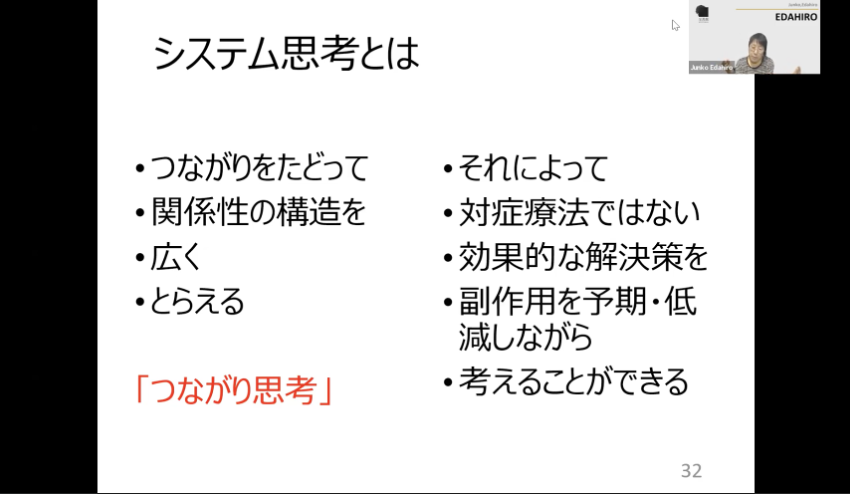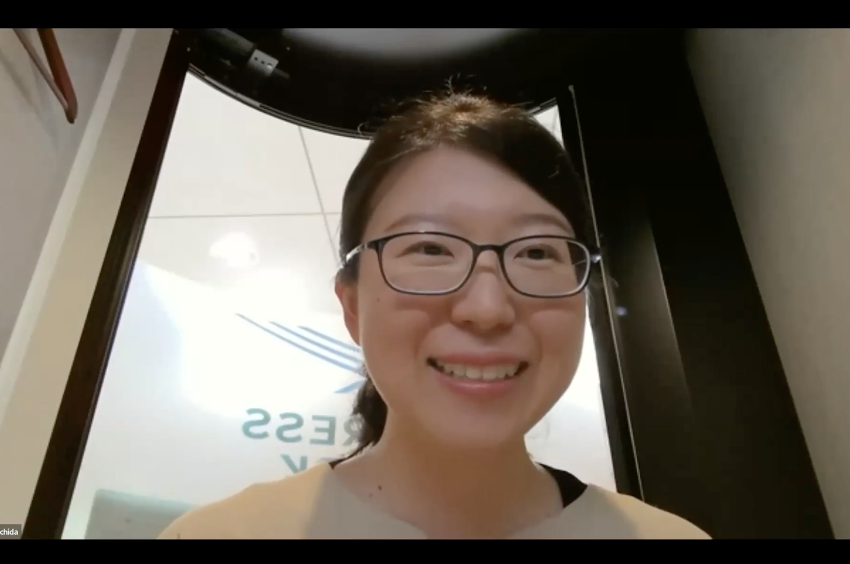
On October 16, Shizenkan University held an online open class, “Introductions to Systems Thinking to Survive in the Age of VUCA” by Professor Junko Edahiro.
In the current era of VUCA, we are faced with an abundance of problems where the essence is difficult to see and have no correct answers. When faced with such situations, we tend to stop at symptomatic approaches that capture only the surface and do not penetrate deeper. Negative capability is an effective approach in such situations. Professor Edahiro points out, “Future leaders will need to have the ability to suspend conclusions, or the ability to bear the ambiguity, rather than to quickly assume they understand. They must become a role model and create a safe space for team members to demonstrate their negative capability.”
Professor Edahiro continues, “Negative capability is different from postponing conclusions and being indecisive. While suspending conclusions, it is a form of systems thinking that allows us to decipher the structure among invisible problems that extend beneath the superficial. Systems thinking traces the connections between interacting elements, captures the structure of those relationships, and seeks fundamental solutions by changing these structures.”

Using systems thinking, participants took a quiz to think about what structural problems are hidden behind the problems of traffic congestion and population decline. A Loop Diagram (a diagrammatic representation of a structure by connecting causal relationships among elements with arrows) was also introduced, which was actually created in a project which Professor Edahiro was involved in. She also talked about the Iceberg Model, a framework for systems thinking. “The world you see is only an assumption of the world. Through deep introspection, we need to become aware of our mental model and unburden ourselves of it,” says Prof. Edahiro.
Ms. Mai Tsuchida (2023 Shizenkan program graduate) participated online in the second half of the open class. When asked about the learning she gained from Professor Edahiro’s class, Ms. Tsuchida said, “When I face some problems in my work, I come to think that the problem is not a straight line but a loop. If I am bound by thinking specifically to the department I am in, I cannot see the solution. But by looking at the structure from a bird’s eye view, I have new insights.” Regarding her changes as a result of her studies at Shizenkan, she said, “Through classes and discussions with classmates, I was forced to constantly think about what kind of person I am. I think this has also changed the way I deal with others. I want to become a leader who can relate to and empathize with others.”

During the Q&A session, questions such as “Where do you set the goal when tracing the connections in a loop diagram?” and “Why is systems thinking not recognized in the Asian region?” Professor Edahiro responded, “The purpose of a loop diagram is not to complete it, but to contribute to problem solving. Even if it is crude, if you can gain awareness from it, that alone is worthwhile. It is advisable to use it as a work in progress, a communication tool, a base for dialogue, to see how this problem looks from you and me”.
At Shizenkan University, we have built a curriculum in which individual classes are closely related. What you learn in one class is connected to another, and what you learn while in school will often come in handy in the business world after graduation. The two years at Shizenkan are a solid foundation for various realizations. How about going through the program at Shizenkan to clarify structures that were previously invisible to you and explore the ability to pursue solutions from different perspectives?
For more event information, please check our upcoming open class schedule here.
